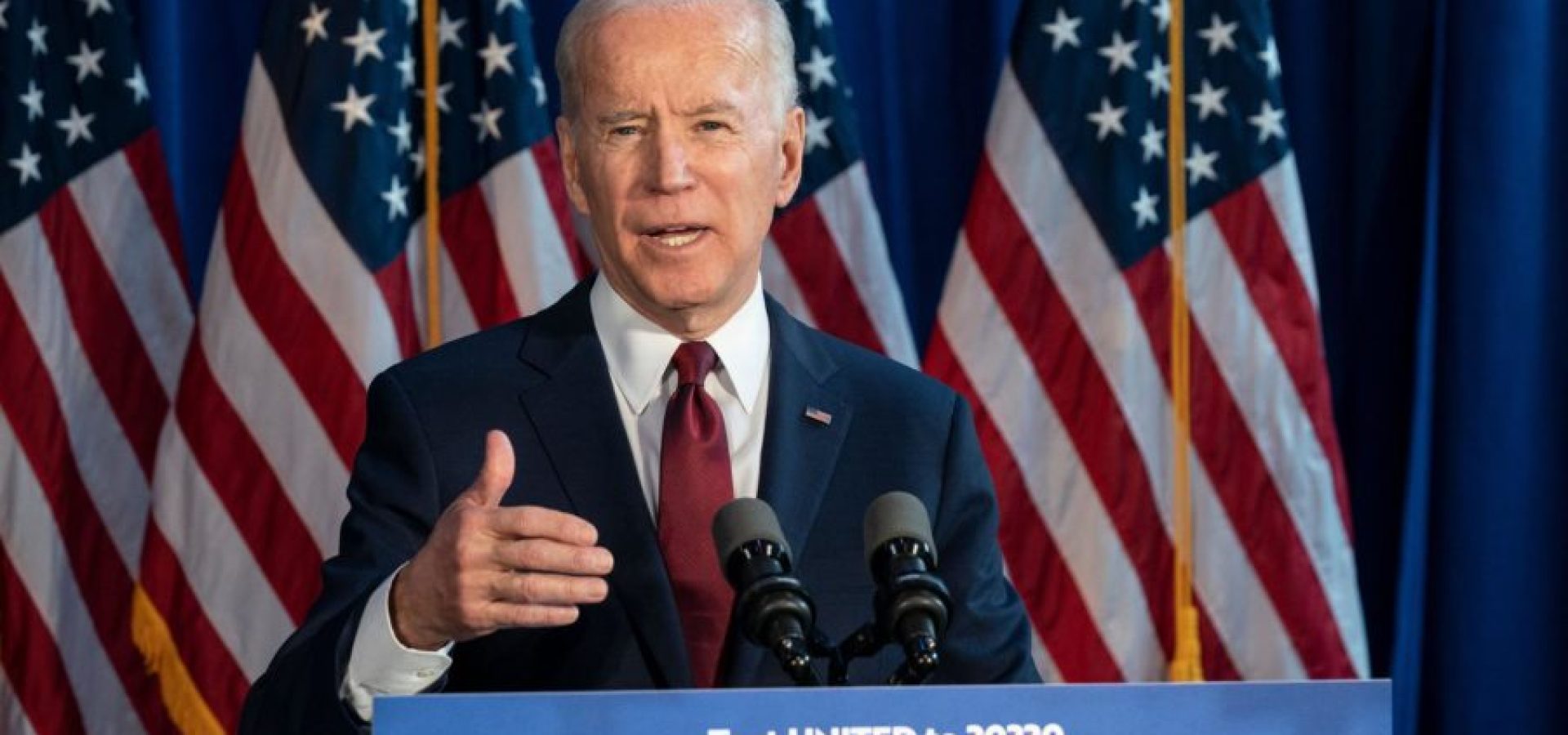- The US and China embarked on a series of high-level economic discussions spearheaded by US Treasury Secretary Janet Yellen and Chinese Vice Premier He Lifeng.
- The establishment of the Economic Working Group in September 2023 aims to address trade imbalances, tariffs, and global economic policies.
- Concerns over China’s industrial overcapacity and its dominance in the solar panel sector underscore the dialogue’s urgency.
- Despite underlying tensions, both nations signal a willingness to foster a robust economic partnership, with future meetings slated for continued engagement.
The intricate interplay of diplomacy and economic strategy between the United States and China has advanced significantly with the establishment of the Economic Working Group by US Treasury Secretary Janet Yellen and Chinese Vice Premier He Lifeng in September 2023. This initiative represents a unified effort to tackle the tangled web of trade relations, economic policies, and their wider effects on both global powers and the international community.
The US and China are at a critical crossroads as the world’s two largest economies. The dialogue initiated by Yellen and He, from their first meeting in November 2023 to the upcoming session in April 2024, reflects a shared understanding of the high stakes. Their conversations have covered a broad spectrum of issues, including the macroeconomic landscape, debt challenges in emerging markets, and specific disputes such as industrial overcapacity, tariffs, investment restrictions, and sanctions.
Decoding the Economic Dialogue’s Core
At the heart of the dialogue is the issue of China’s industrial overcapacity, as detailed in the Atlantic Council’s analysis in December 2023. This problem is particularly evident in the photovoltaic solar panel manufacturing sector, where China commands about 80% of the global market. This overcapacity presents significant trade challenges, both with the US and the European Union, impacting American workers and companies with market saturation and unfair competition. These concerns have led to urgent discussions on devising fair solutions.
On the other hand, China’s grievances have centred around the US’s increased tariffs and investment barriers, which are seen as obstacles to equitable global trade. Despite these challenges, the mutual interest in fostering a strong economic relationship and ensuring fair opportunities for businesses and workers on both sides hints at a potential for positive resolutions.
2024’s Economic Working Group: Next Steps
The global community is keenly observing as the Economic Working Group prepares for its next meeting in April 2024. The success of these talks could herald a more equitable and sustainable economic partnership between the US and China, possibly setting new standards for addressing global economic dilemmas. With both nations emphasizing the value of dialogue and collaboration, there is anticipation for transformative breakthroughs in the intricate domain of international trade and economic policy.









COMMENTS